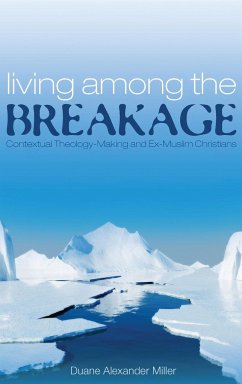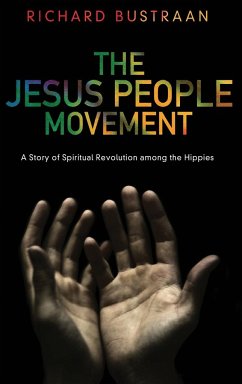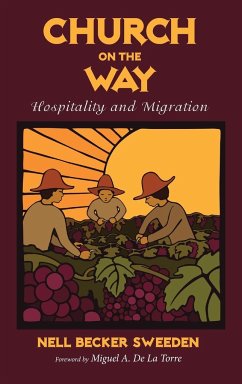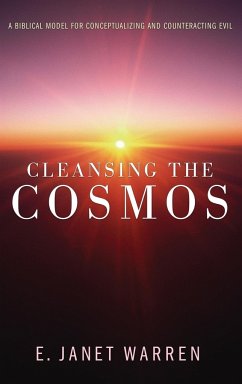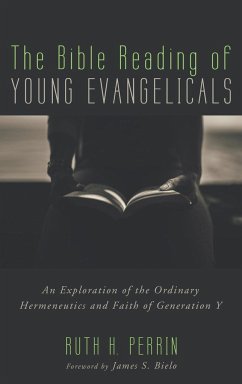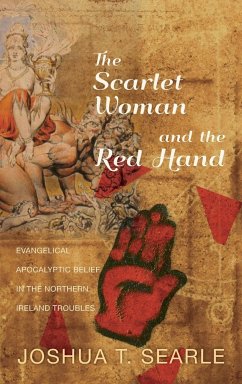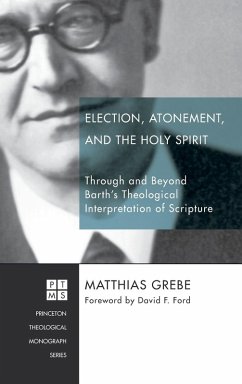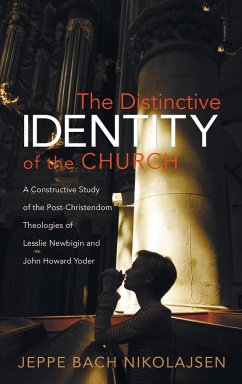Around the world people are leaving Islam for Christianity in unprecedented numbers. This book seeks to look into the world of some of these converts, trying to discern the shape of their newfound faith. Why do they convert? What challenges do they face? And ultimately, what do they in their own complex and sometimes difficult circumstances claim to have understood about God that, while in Islam, they had not? In other words, what is the content of their contextual theology? In seeking to answer these questions, Miller looks into the world of an unintentional church plant in the Arab world consisting of believers from a Muslim background, visits with groups of Iranian converts in the diaspora, and examines the written testimonies of still other converts. In a world where Muslim-Christian relations are increasingly important and sometimes tendentious, this book examines the lived faith and contextual theology of people who have chosen to leave Islam and embrace Christianity. ""Miller has provided us with frontline research in an emerging sector of World Christianity--the indigenous theology of Christians from a Muslim background. World Christianity, Muslim-Christian relations, conversion studies, or missiology--if any of these are your area of interest, this book is for you. If the mission of God in our world or, perhaps, 'frontier theology' is your concern, Living among the Breakage is for you. In these pages, Miller engages the theology of the globally emerging churches of Christians from a Muslim background (CMB). He approaches the task from several creative angles: field work amongst Iranian diaspora congregations; analysis of CMB books, poetry, and testimonial literature; and the case study of a semi-covert CMB congregation in the Arabophone Middle East. What Miller has done here is compelling in its creative simplicity. Living among the Breakage is a work of contextualization, but a 'contextualization from within': this is a disciplined effort at eliciting, ordering, and analyzing the distinctive (if thoroughly informal and implicit) theology of the growing, sometimes overlooked, CMB churches around the world. Though this is a systematic and analytic piece of research, Miller remains highly attuned to the practical, earthy, and conflicted experience of former Muslims in transition between Church and Mosque, with a foot yet in each world--the 'old' and the 'new.' Living among the Breakage is an original work with an exciting sympathy and sensitive realism towards its subjects--people and communities under pressure, struggling to adapt to new realities, contexts, and identities; believers who for all their experience of liminality are making dynamic contributions to the living texture of tomorrow's global Church."" --Brent Neely, author; coeditor, with Peter Riddell, of Islam and the Last Day: Christian Perspectives on Islamic Eschatology (2014) ""Duane Miller's new work, Living among the Breakage, is a must-read for those interested in religious conversion. Miller moves beyond questions of why and how conversion takes place to engage the critical question of how converts and their communities become makers of theology. Bringing into conversation the indigenization theories of Shoki Coe, Robert Schreiter's models of 'God knowledge' and Steven Lukes' understanding of power, Miller creates a rich analytical framework for understanding the forces shaping the impetus, possibility, and results of conversion. Placing this within an understanding of how modernity is shaping the possibilities experienced by Muslims who convert to Christianity makes Miller's work an excellent textbook for students seeking to understand the transformations taking place in religious communities around the world. His chapters describing his fieldwork among different groups of Muslim converts to Christian then become models for the kind of analysis he describes. Miller's work greatly enriches our understanding of conversion generally
Hinweis: Dieser Artikel kann nur an eine deutsche Lieferadresse ausgeliefert werden.
Hinweis: Dieser Artikel kann nur an eine deutsche Lieferadresse ausgeliefert werden.

